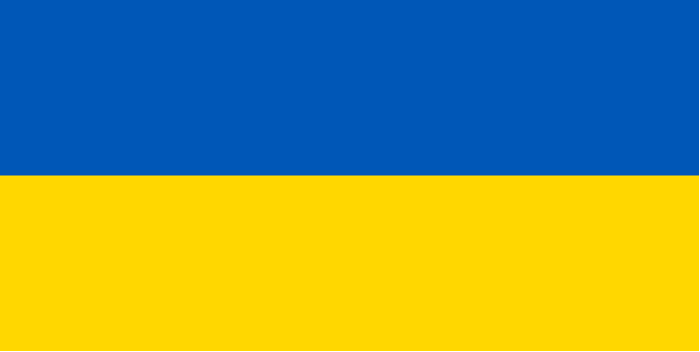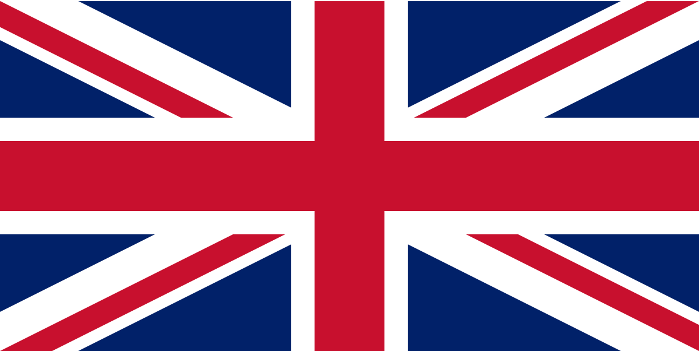Музично-пісенна творчість як форма прояву інакодумства в Радянському Союзі кінця 1950‑х – 1980‑х років
DOI:
https://doi.org/10.15421/272206Анотація
У статті розглядається музично-пісенна творчість як форма протидії державній політиці в галузі ідеології та культури СРСР кінця 1950‑х – 1980‑х років. Актуальність вибраної теми визначається збільшенням інтересу науковців до політико-ідеологічних процесів, що мали місце в означений період. В основу методологічної бази дослідження було покладено принципи антропоцентризму, культурного детермінізму, історизму, об’єктивності та системності. Наукова новизна полягає в розкритті розвитку специфічних форм непідцензурної музично-пісенної творчості у Радянському Союзі, а саме авторської пісні, рок-музики; визначено специфіку культурного процесу і неофіційної творчої діяльності представників цих жанрів в Українській РСР у досліджуваний період. Зроблено висновок, що музика та пісня – один із проявів інакомислення, який суттєво вплинув на погляди значної частини населення Радянського Союзу та союзних республік наприкінці 1950‑х – 1980‑х років. Авторська пісня та рок-музика стали світоглядом, своєрідною «релігією», стилем життя, системою цінностей людей означеного часу. Вони не ставили перед собою «бунтарських» завдань, як це було прийнято визначати правлячою елітою СРСР. Виконавці цих жанрів та їх шанувальники прагнули створення в країні можливостей для самовираження будь-якої людини. Значна популярність цих пісенно-музичних жанрів у суспільстві засвідчила, що втиснути культуру і мистецтво у вузькі рамки тієї чи іншої соціально-політичної доктрини владним структурам не вдалося. Великого поширення в досліджуваний період неофіційна культура набуває й в Українській РСР. Однак до другої половини 1980‑х років говорити про національні особливості цього явища ми не можемо. Лише національно-культурне відродження, що стало можливим в період «перебудови», сприяло пожвавленню української музично-пісенної творчості. Її відрізняли від загальносоюзної такі риси: виконання українською мовою, використання елементів українських фольклорних традицій, тематична спрямованість на пробудження національної свідомості.





